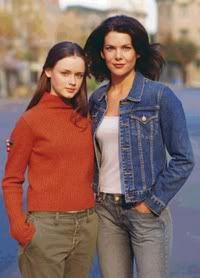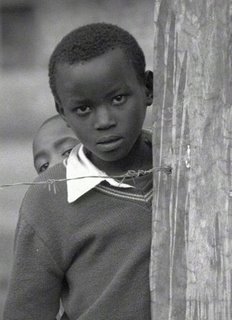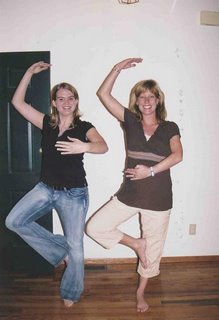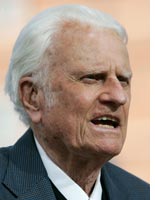Breaking Bread

I came home Friday night to a home cooked meal. My new roomie, Sveta, moved in on Thursday. When I got home Friday night, Sveta’s friend Ben, who had been helping her move, was cooking. He had made ribs, corn on the cob, creamed spinach and okra! Ben invited me to join them for dinner, so I did. The food tasted great, and we had a great conversation. I told Ben that I rarely have the pleasure of such a meal. It reminded me of being at home with my family.
Over the weekend Sveta and I spent a lot of time together. We went to a barbecue at my church Saturday night then stayed up late watching a movie. Having a younger roommate definitely feels more like family. I am already dispensing sisterly advice on a regular basis. A friend asked me this weekend how I felt about bringing full-time ministry into my home. “How do you plan to set boundaries?” she asked. I’ve been thinking about that, and I’m not convinced that setting the kind of boundaries she was talking about is biblical.
Acts 2:44-47, speaking of first century Christians says:
“All the believers were together and had everything in common. Selling their possessions and goods, they gave to anyone as he had need. Every day they continued to meet together in the temple courts. They broke bread in their homes and ate together with glad and sincere hearts, praising God and enjoying the favor of all the people. And the Lord added to their number daily those who were being saved.”
This passage seems to advocate life-on-life ministry that doesn’t hold back anything. This “what’s mine is yours” is a foreign concept to modern American culture. We cherish independence and privacy. We are very worried about being taken advantage of or losing something we deserve. But Scripture calls us to hold loosely to our personal possessions and freedoms. These things are gifts from God, and He may call us to use them sacrificially.
I am not worried about boundaries. As I have prayed about this situation, God has filled me with peace and confidence that this is His plan. And Friday night was the start of that: We broke bread … and ate together with glad and sincere hearts.











